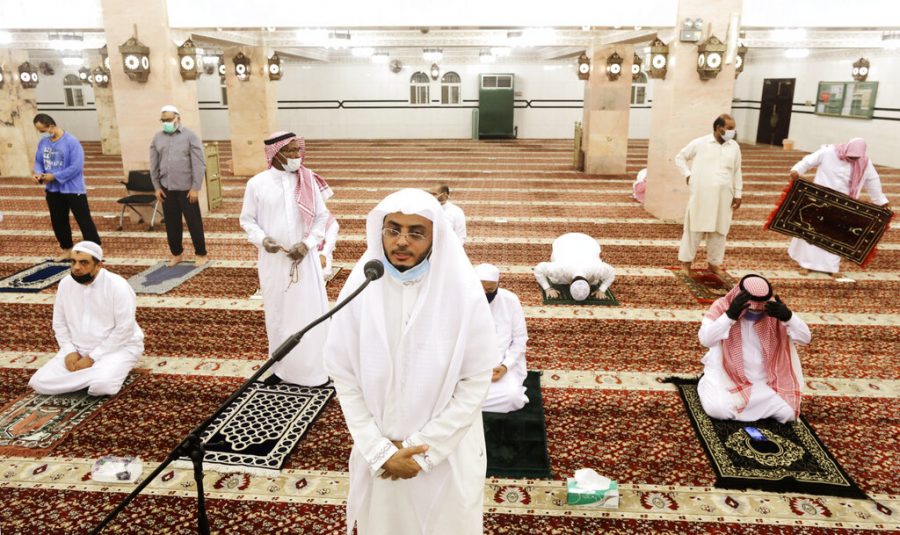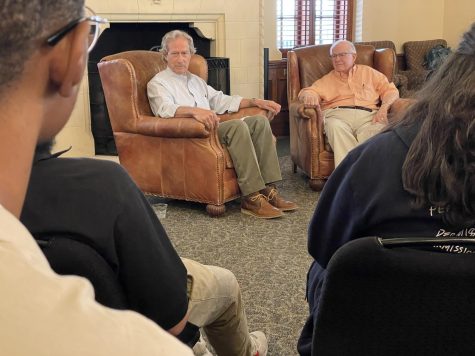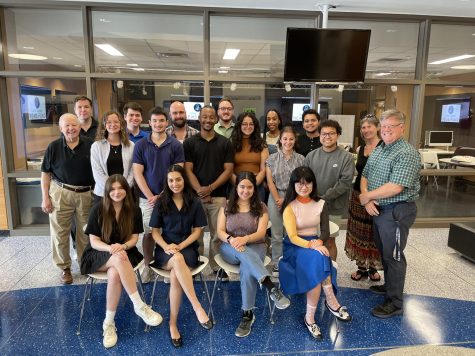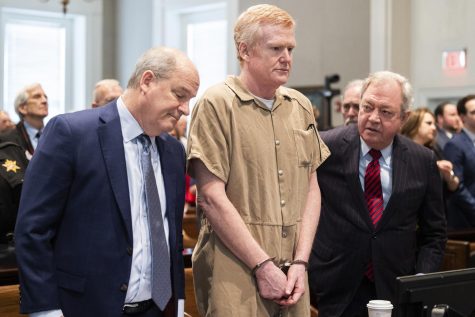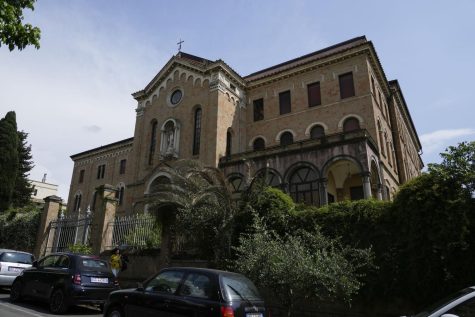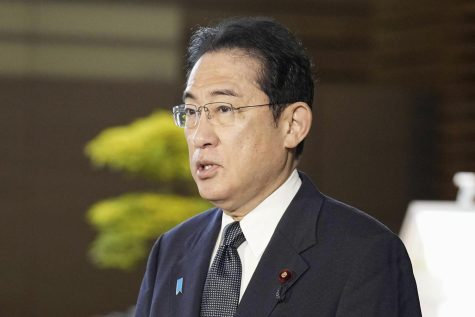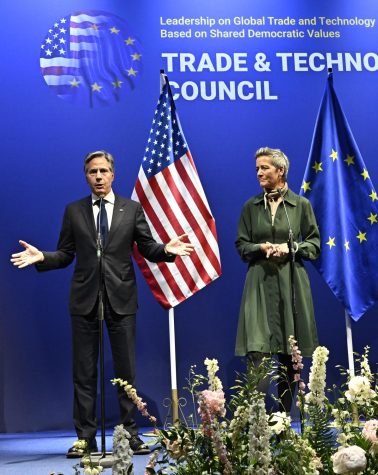Holy sites, places of worship reopen in Saudi Arabia and Jerusalem (Gallery)
Worshippers may resume their routines, so long as they observe strict guidelines such as carrying their own prayer rugs and copies of the Quran.
DUBAI, United Arab Emirates — Tens of thousands of mosques across Saudi Arabia reopened Sunday for the first time in over two months, with worshipers ordered to follow strict guidelines to prevent the spread of the coronavirus. Islam’s holiest site in Mecca, however, remained closed to the public.
The Al-Aqsa Mosque in Jerusalem, Islam’s holiest site outside of Saudi Arabia, also reopened for prayers for the first time since it was closed in mid-March.
With little regard for social distancing, throngs waited outside the holy site’s gates before it opened early Sunday, with many wearing surgical masks. As they were allowed to enter, the faithful stopped to have their temperature checked.
At the height of Israel’s coronavirus outbreak, access was restricted to Jerusalem’s other holy sites, including the Church of the Holy Sepulchre and the Western Wall. Throughout that period, worshipers continued to pray in the neighboring alleyways.
Jews also resumed their pilgrimages Sunday to the hilltop compound they revere as the Temple Mount, site of the two Jewish biblical temples.
Precautionary measures inside Mosques. pic.twitter.com/BvwPGASc49
— Ministry of Islamic Affairs ?? (@Saudi_MoiaEN) May 27, 2020
In Saudi Arabia, the government prepared for the reopening of around 90,000 mosques after sanitizing prayer rugs, washrooms and shelves holding copies of the Quran, the Muslim holy book.
The Ministry of Islamic Affairs sent millions of text messages in multiple languages to inform the Saudi people about the new rules for public prayer, which include keeping a six-foot distance from others during prayer, wearing face masks at all times and abstaining from greeting one another with handshakes or hugs.
Children under 15 were not allowed inside mosques. The elderly and those with chronic conditions were told to pray at home. People are also advised to perform the mandatory ablution at home since washrooms at mosques will be closed, to use hand sanitizers and to bring their own prayer rugs and copies of the Quran.
On Sunday, Saudi Arabia also lifted a ban on domestic air travel and permitted some public sector workers to resume office work again, though full attendance will not be allowed until mid-June.
The new measures come as Saudi Arabia and other countries around the world begin to loosen restrictions and stay-at-home orders following weeks of curfews and lockdowns.
However, the Grand Mosque in Mecca, which houses the cube-shaped Kaaba that Muslims around the world pray toward, will remain closed to the public. The city has been under a strict lockdown for several weeks. The mosque in Medina where the Prophet Muhammad is buried will be partially opened to the public to pray outside.
The continued closure of Mecca points to the increasing likelihood that the kingdom may suspend this year’s annual Muslim hajj pilgrimage, which falls in late July. Already, a senior Saudi official has told prospective pilgrims not to plan for the hajj this year amid the global pandemic.
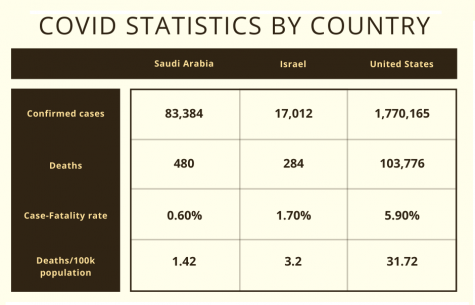
Despite taking early and unprecedented measures to curb the spread of the virus, Saudi Arabia has recorded more than 83,000 people contracting the virus, including 480 deaths.
Israel has recorded fewer than 300 deaths and mostly kept its daily infection count to the low dozens since the beginning of May. But it also imposed severe restrictions that injured its economy and sent its unemployment rate skyrocketing. The Israeli government began to ease many of those restrictions, including those on places of worship, earlier this month.


